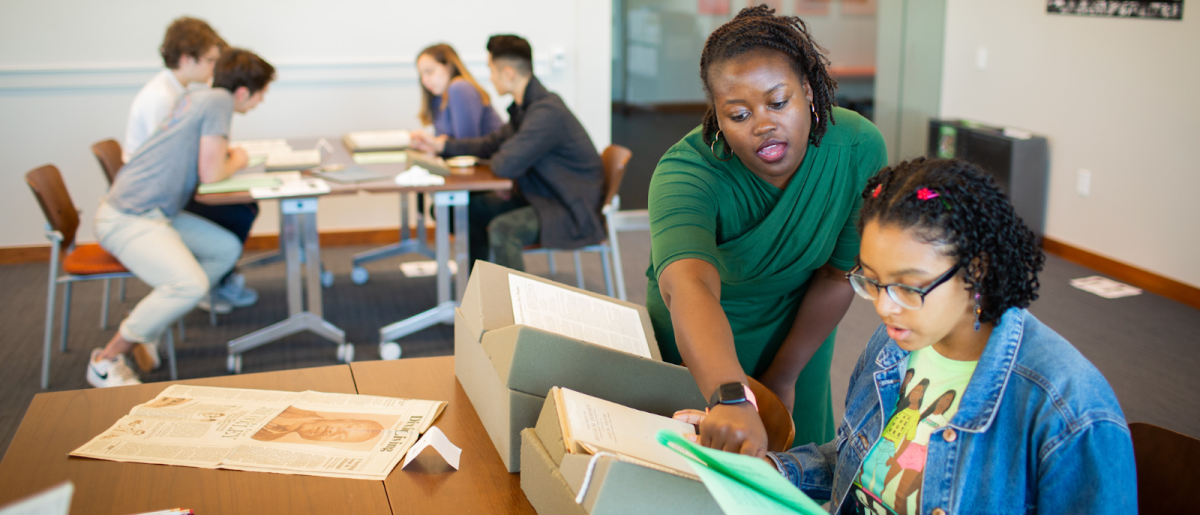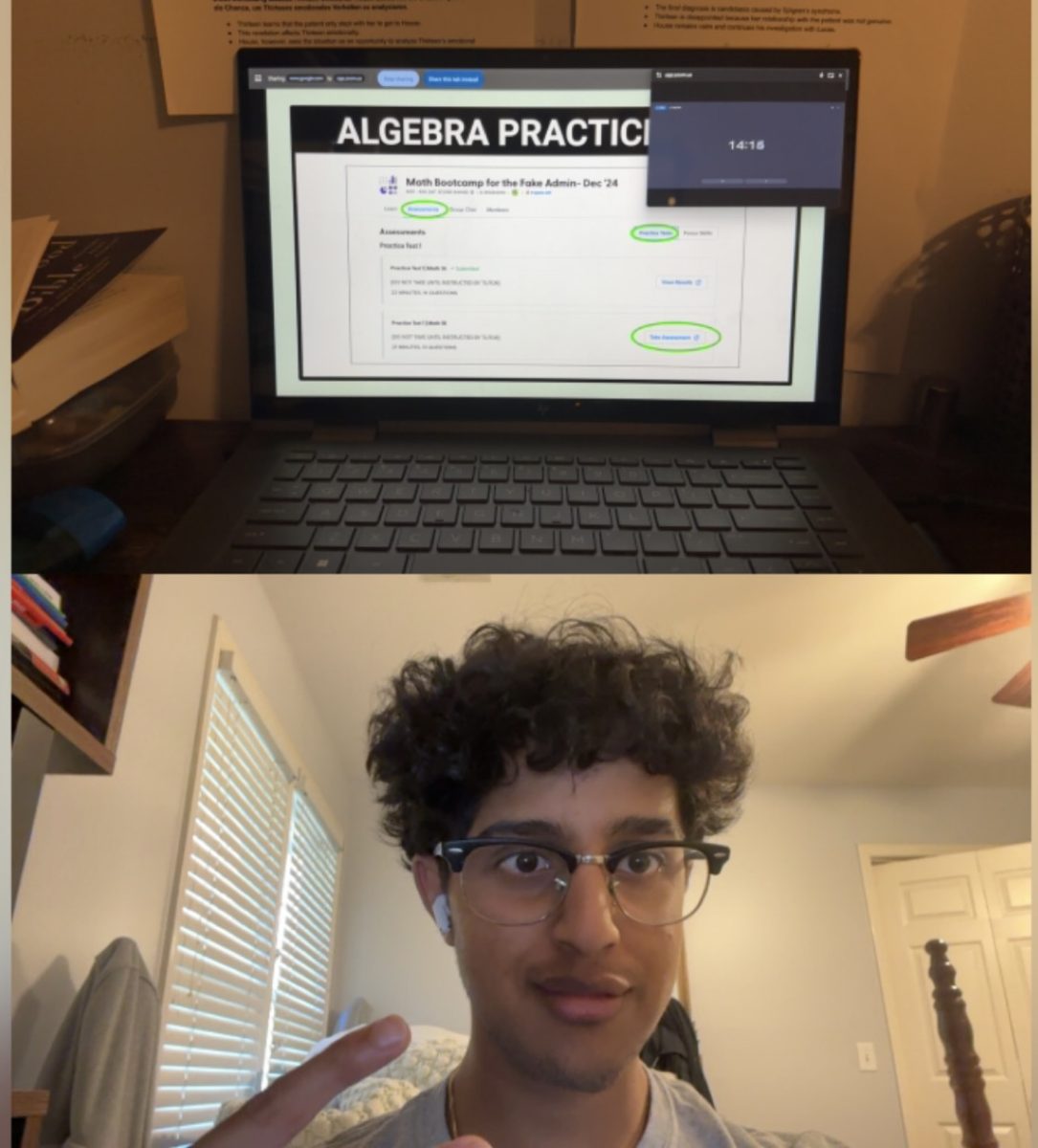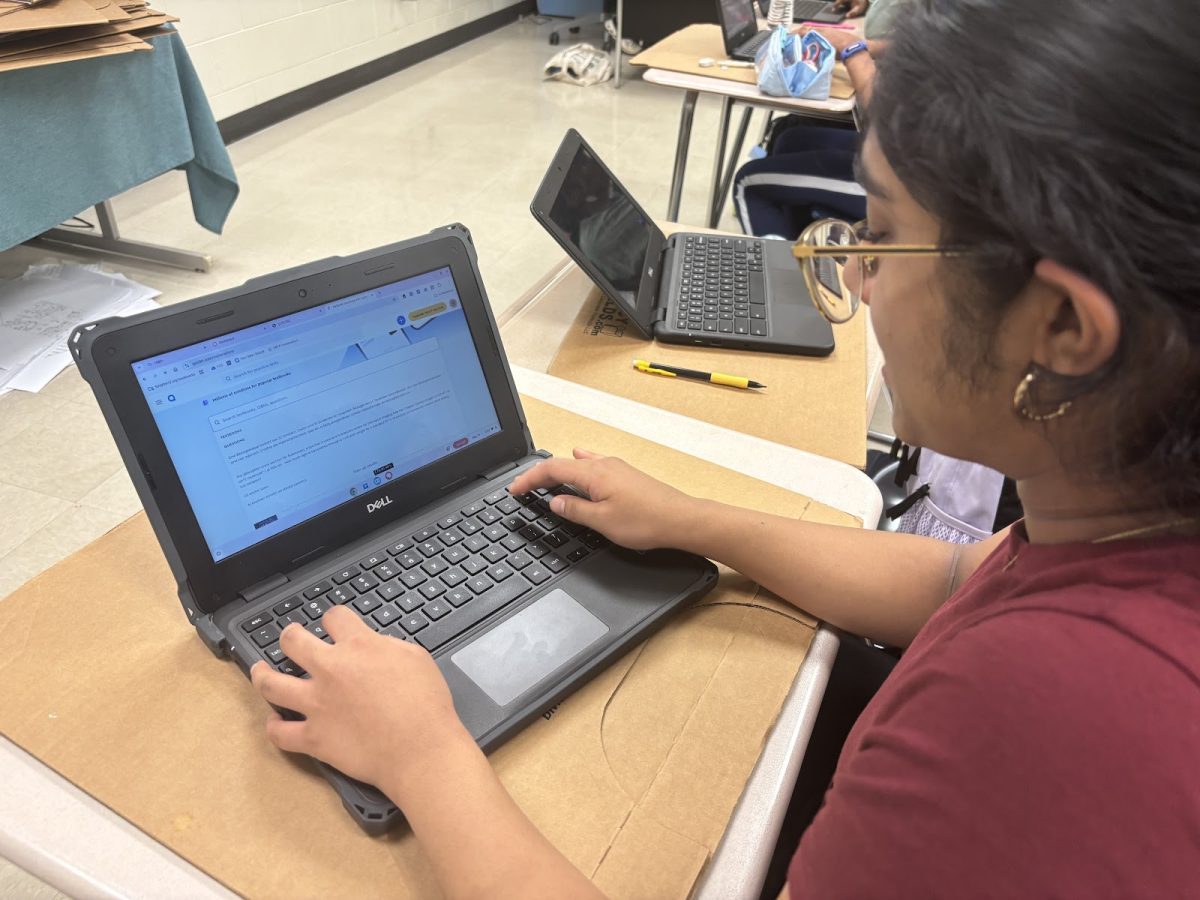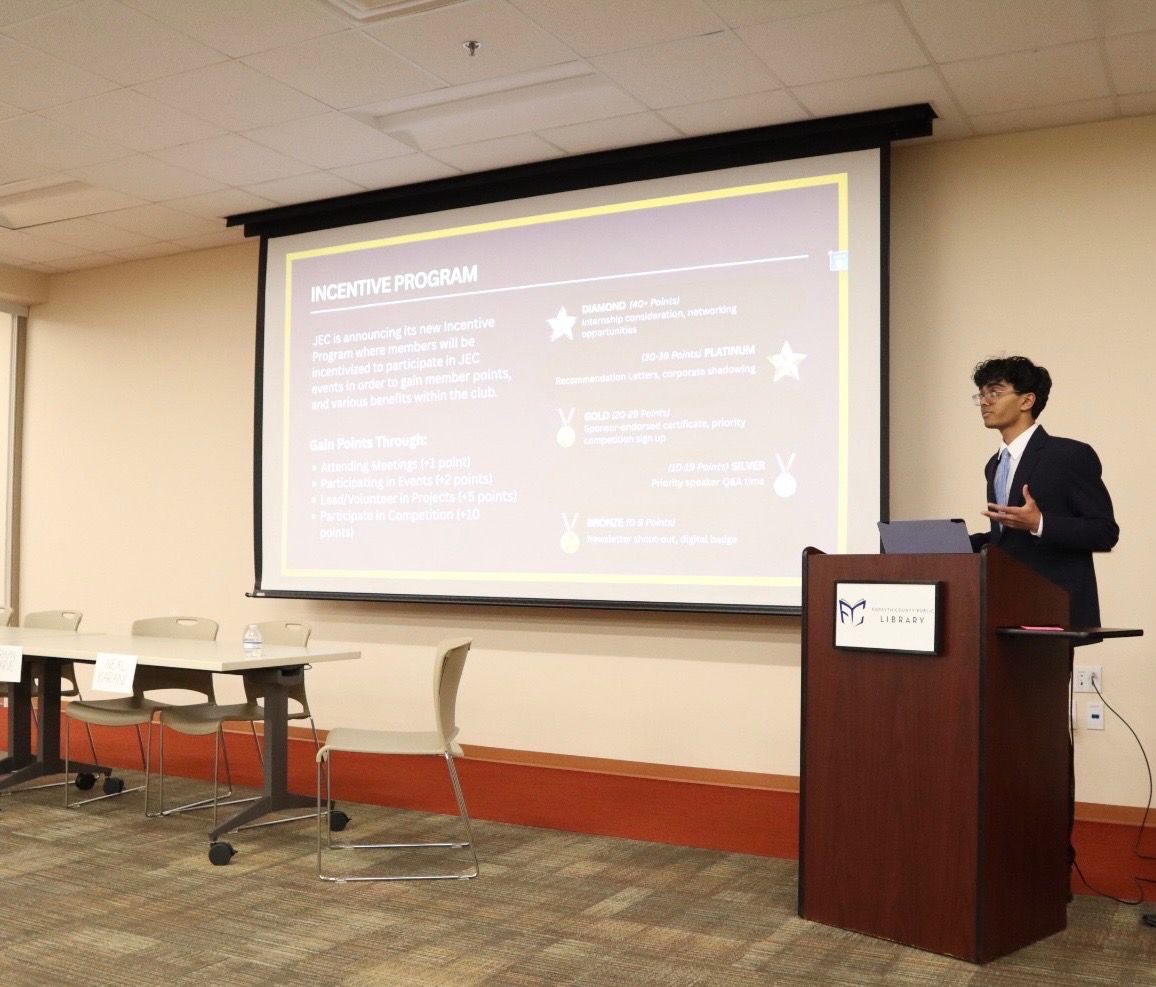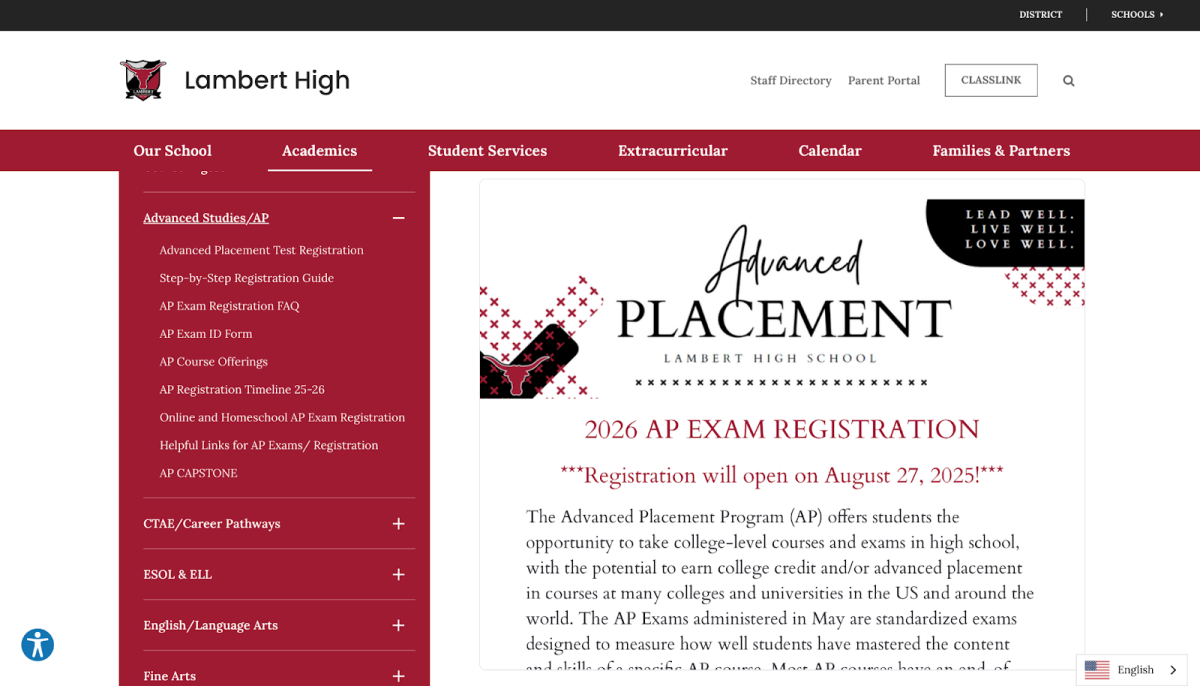In today’s political landscape, where opinions have sharp divide and historical perspectives often clash, the debate over teaching the darker parts of history is more relevant than ever. This discussion stands against the backdrop of a striking reality – at least 137 bills in 35 states are seeking to restrict historical content in school curricula, thereby igniting concerns about the capacity of schools to offer a comprehensive and accurate portrayal of our past.
At its core, history education is much more than a mere retelling of events and facts. It attempts to provide an integrative representation of varied perspectives, thus building a holistic picture for students. However, the prevailing discourse on historical education routinely succumbs to dualism and frames the subject into the ‘right’ and the ‘wrong’ side. This oversimplification undermines the multi-dimensional effort of historical understanding. It also impedes the development of a nuanced appreciation of the past.
“There’s this need in the 21st century to see everything as black or white,” AP World History teacher Mr. McCombe said. “We’re running on the premise that someone, somewhere, was picking these facts and deciding these facts are good facts, and these are bad facts.”
Historical truths are rarely so straightforward that they can be divided into good and evil. Presenting history without its complexities denies students the opportunity to understand the intricacies that shape human experiences. As such, teaching darker historical topics is not merely focusing on negative or positive aspects; it’s about grasping the interplay of both.
“We want to show the bigger picture,” AP US History teacher Coach Hill emphasized. “It is important for us to show both sides so we can see where they are coming from, especially in today’s polarized world.”
By acknowledging all sides, students can gain valuable insights into the dynamics of societal and global change. It helps them comprehend the motivations behind historical actions, fostering empathy and a greater appreciation of humanity.
Still, resistance persists in adopting this comprehensive approach. Some legislators and parents fear exposing students to these aspects of history as they believe it will make students uncomfortable and weaken national pride.
“People fear teaching these darker things because they think it will diminish nationalism and pride for their country,” AP Human Geography teacher Mrs. Watkins said.
There has always been a delicate balance between historical honesty and fostering a sense of unity within a nation, but the two concepts are not mutually exclusive. A great example of such balance is Germany, where education on the Holocaust and Nazi Germany is mandatory. German educators provide information that transcends the limitations of historical events and chronology. It has helped students embrace inclusivity and diversity, thus creating a more tolerant and open-minded modern Germany.
At Lambert, both students and teachers are committed to understanding history in its entirety, considering all facets of any narrative.
“Our job as teachers is not to tell you what to think or how to think,” Coach Hill explained. “We just provide you with the full story.”
This approach at Lambert encourages students to be more than just passive recipients of information. They become active, critical thinkers who are better equipped to draw conclusions when presented with comprehensive historical content.
As this debate rages on, the importance of history education is truly revealed. The words of George Orwell ring truer than ever.
“Who controls the past controls the future: who controls the present controls the past.”
The power wielded by those who shape historical narratives cannot be understated. Educators play a crucial role in shaping collective understanding, and any attempts to restrict the depth of historical content could detrimentally impact society’s intellectual growth.
As we navigate our complex historical narratives, we must consider our responsibility to ensure that future generations receive a balanced and extensive education that includes even the uncomfortable parts of our past.



